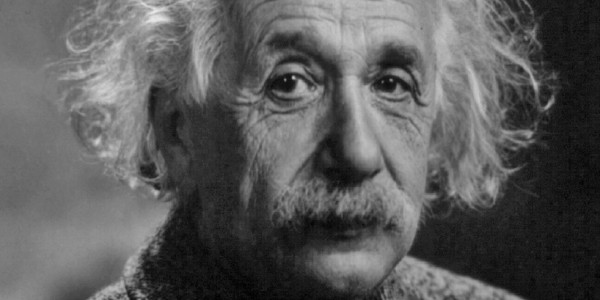WE ARE BEE FRIENDS |
CLICK HERE TO JOIN
Is also a friend of bees!
Sign up and stay on top of the most relevant information about the world of bees and of all the initiatives of the campaign.

Without bees, both the renewal of woods and forests, as the world production of fruits and grains would be jeopardized. The balance of ecosystems and biodiversity would suffer a serious impact, which directly affect human beings in various ways.
The German physicist and Nobel laureate Albert Einstein exercised the thought of how it would be a world without bees, and synthesized a thought that shows one of the wisest:
“If the bees disappear from the earth, humanity will have only four years of existence. Without bees there is no pollination, no reproduction of flora, without flora no animals, no pets, there will be no human race.” Albert Einstein (1879/1955)


FOOD
Thomas Robert Malthus, British economist, considered the father of demography, theorized that with population growth in geometric progression, and growth of arithmetically food production, mankind would suffer from a lack of resources.
Even analyzing population growth between 1650 is 1850, Malthus has projected needs. Despite all the advances in technology in the field, the decline of pollinators could pose a serious problem. Pollinators of nature, and the bees as their main representatives, They are irreplaceable, and account for pollination 70% agricultural crops and 1/3 of all food arriving at our tables. Without pollinators there would be enough food to supply the current and growing need of mankind.
Cultures such as apple, currency, orange, melon, watermelon, café, chestnut, avocado, strawberry, blueberry, cucumber, cotton, soy, peach, pumpkin, onion, brown, among many others, depend directly on pollination by bees. Without bees, in addition to decreasing productivity of these crops, also the quality of the formation of the fruit and, in some cases, their own development, are compromised.
Historically, for the Brazilian agricultural model, unlike countries like the US or Europe, little attention had to be given to the importance of the presence of pollinators, since our wide biodiversity has always offered these ecosystem services free of charge and naturally in the field. But it is expected that a sharp deficit of pollinators imposes the need for farmers to have to demand and compensate the bee breeders services to offset this impact.

Breakfast WITH bees.
The colorful table laden with fruit and food is given by the result of the direct activity of pollination by bees.

Breakfast WITHOUT bees.
A basic breakfast, without wide variety of foods, It is what can be expected of a world without bees.
ECONOMIC EFFECTS
Besides threatening the survival of man and different species, the reduction of food caused by the disappearance of the bees can cause serious problems to the economy. Today, esteem-is that 10% of agricultural GDP are represented by ecosystem service of pollination. This represents the world over 200 billion dollars a year, amount equivalent to the GDP of countries like Greece, Ukraine, Qatar, Czech Republic, Peru, Iraq, New Zealand and Algeria. The impact would be too great in the food industry, affecting corporations of different segments that depend on pollinated crops.
BIODIVERSITY
Near 85% plant forests with flowers and forests of the planet depend on pollinators to be fertilized. If this cycle of pollination is broken, the fragile balance of ecosystems and biodiversity, requiring coexistence in close interdependence of thousands of fauna and flora species, It will be threatened. With the decrease of vegetation, much of the oxygen production will also be committed.